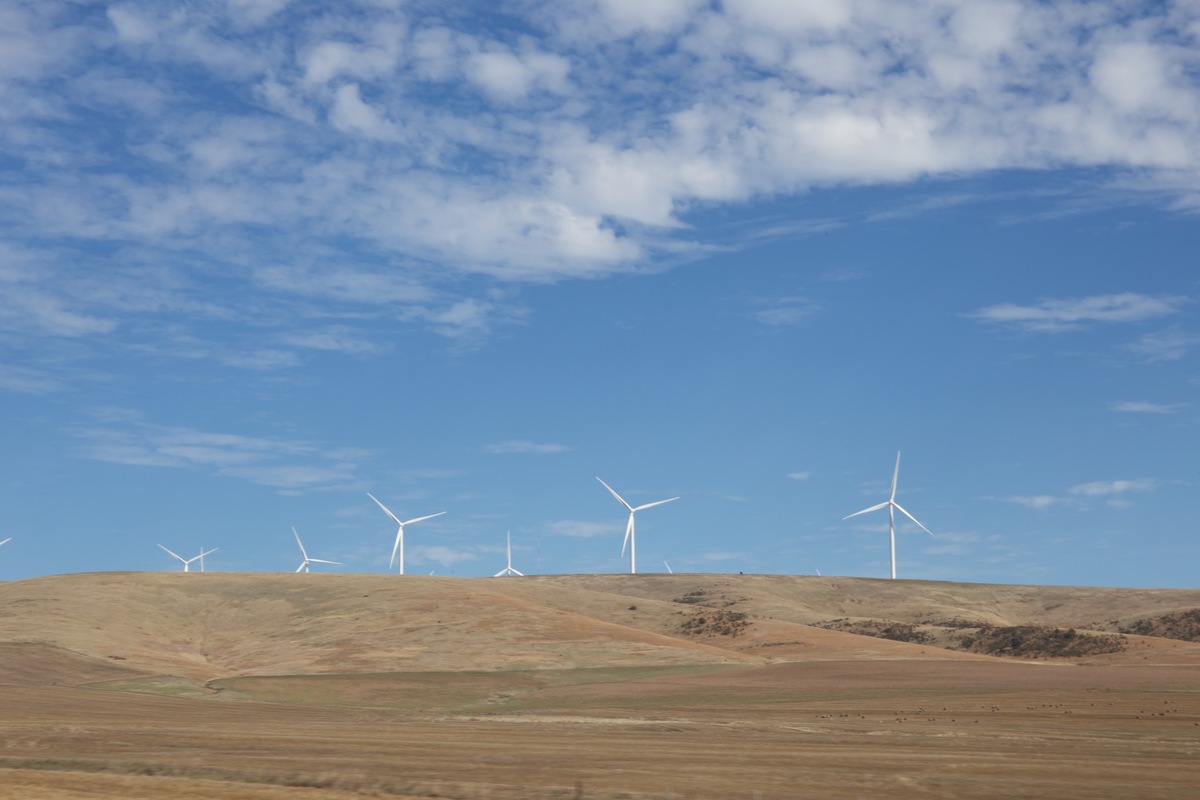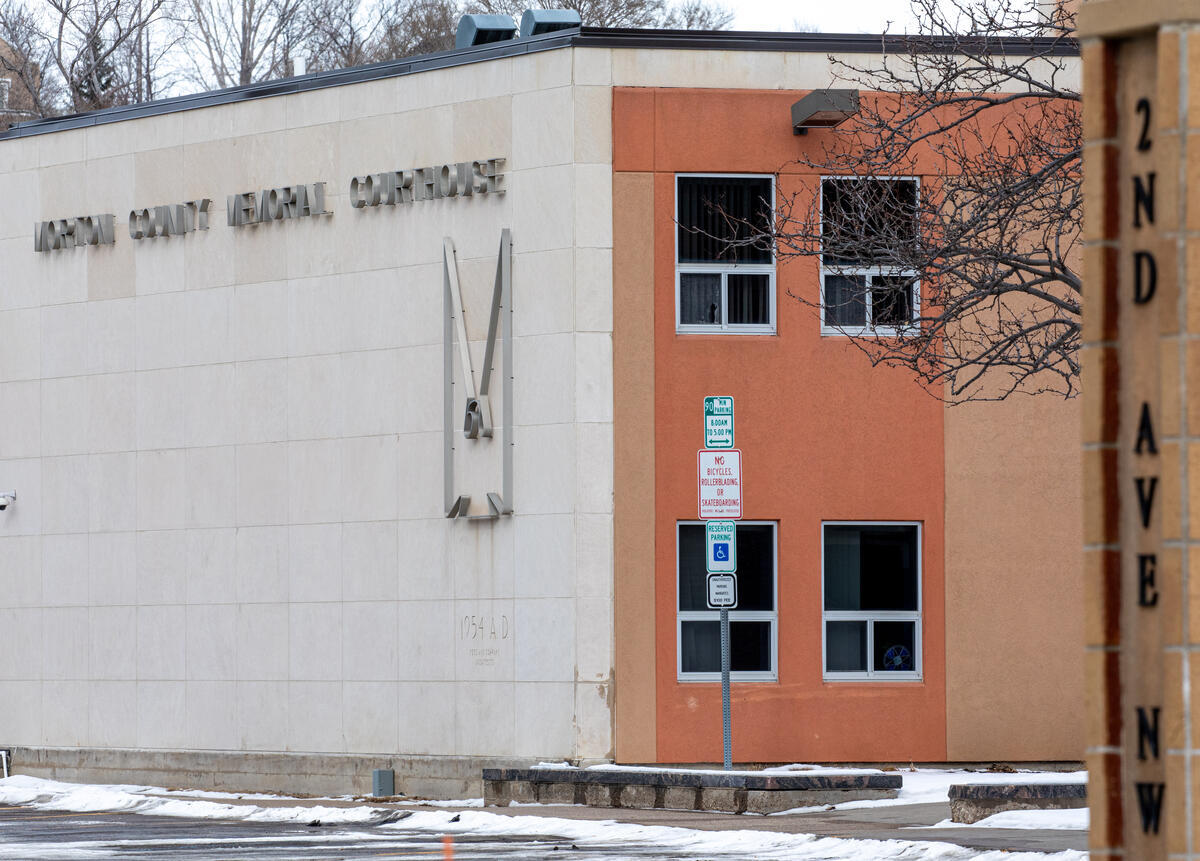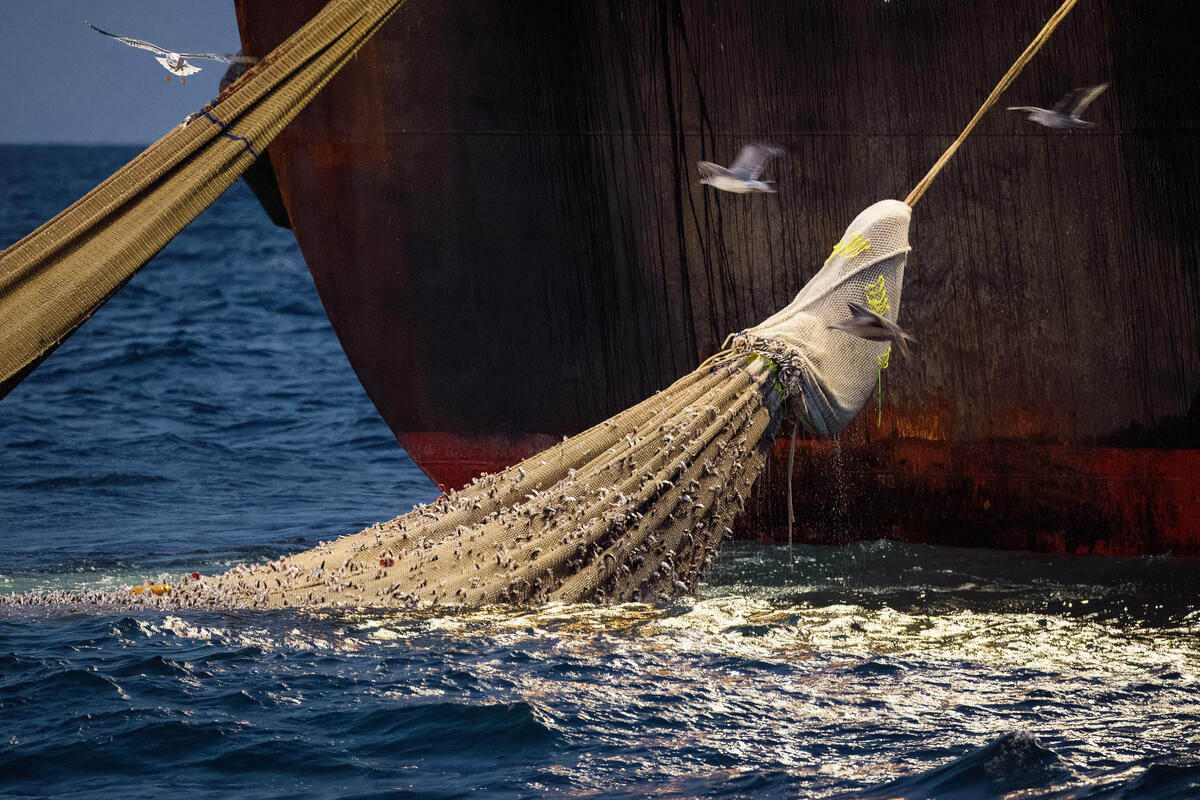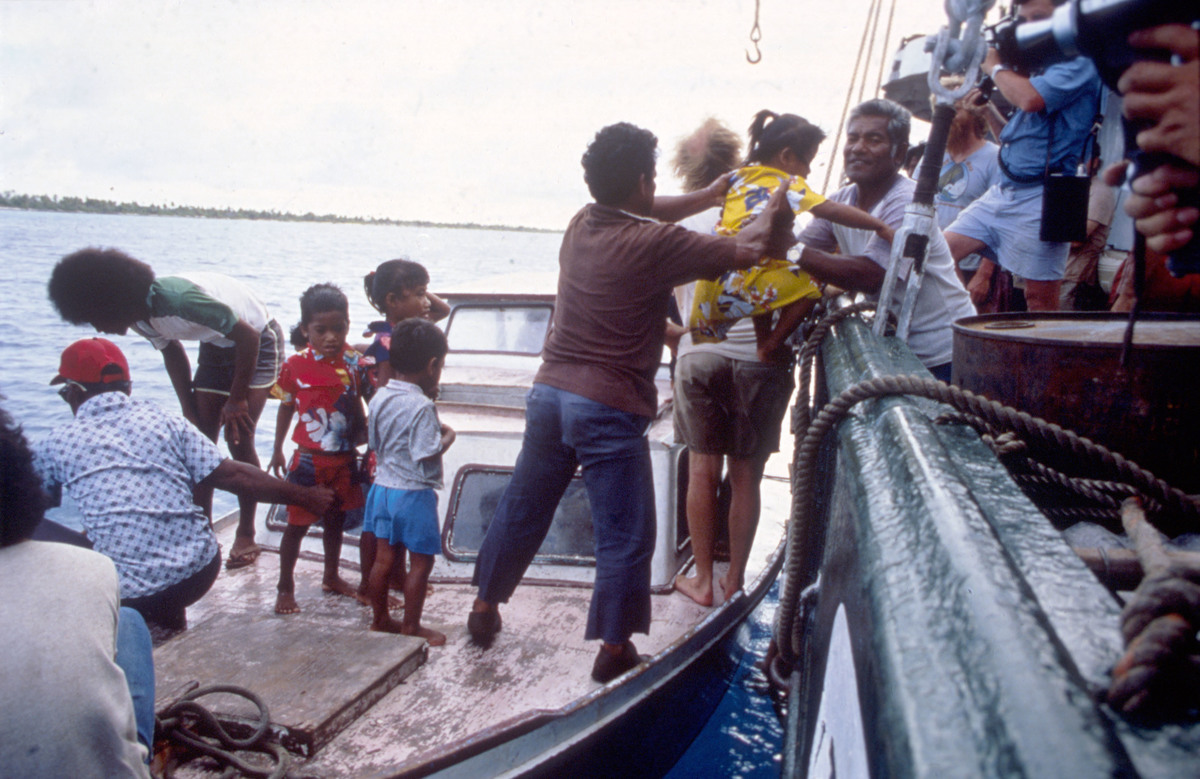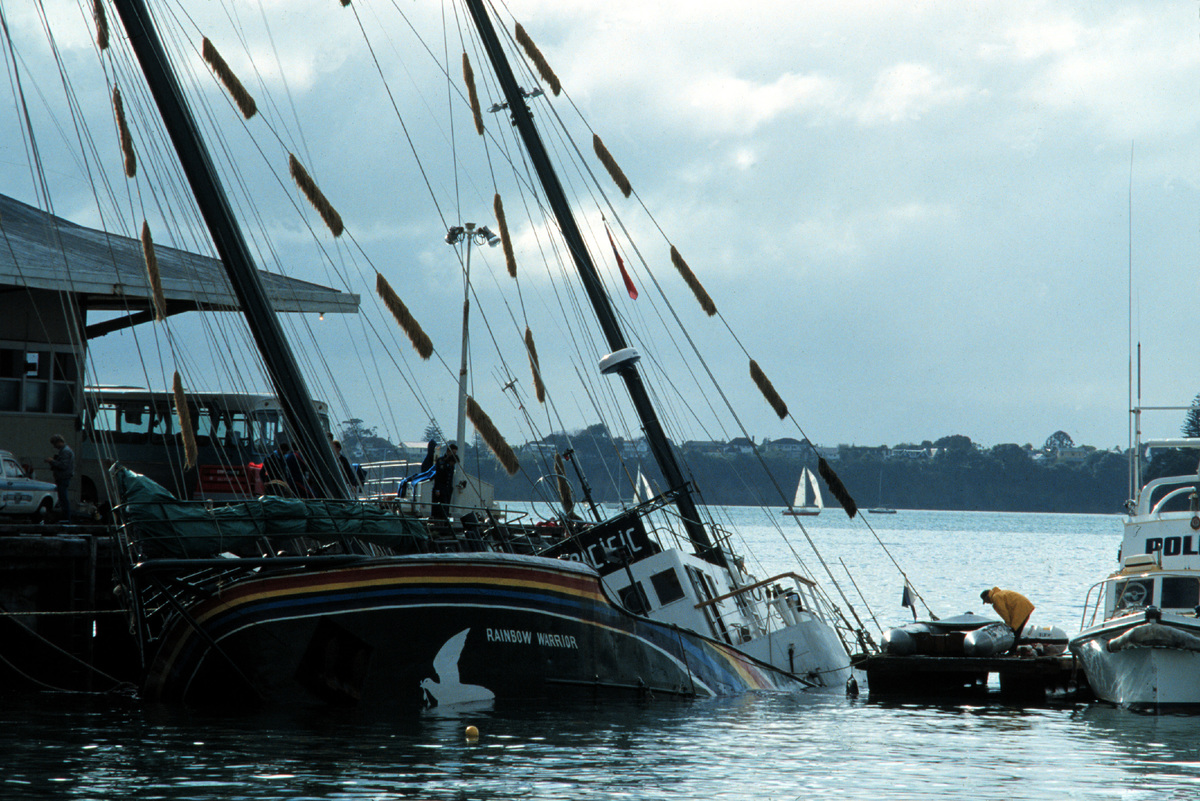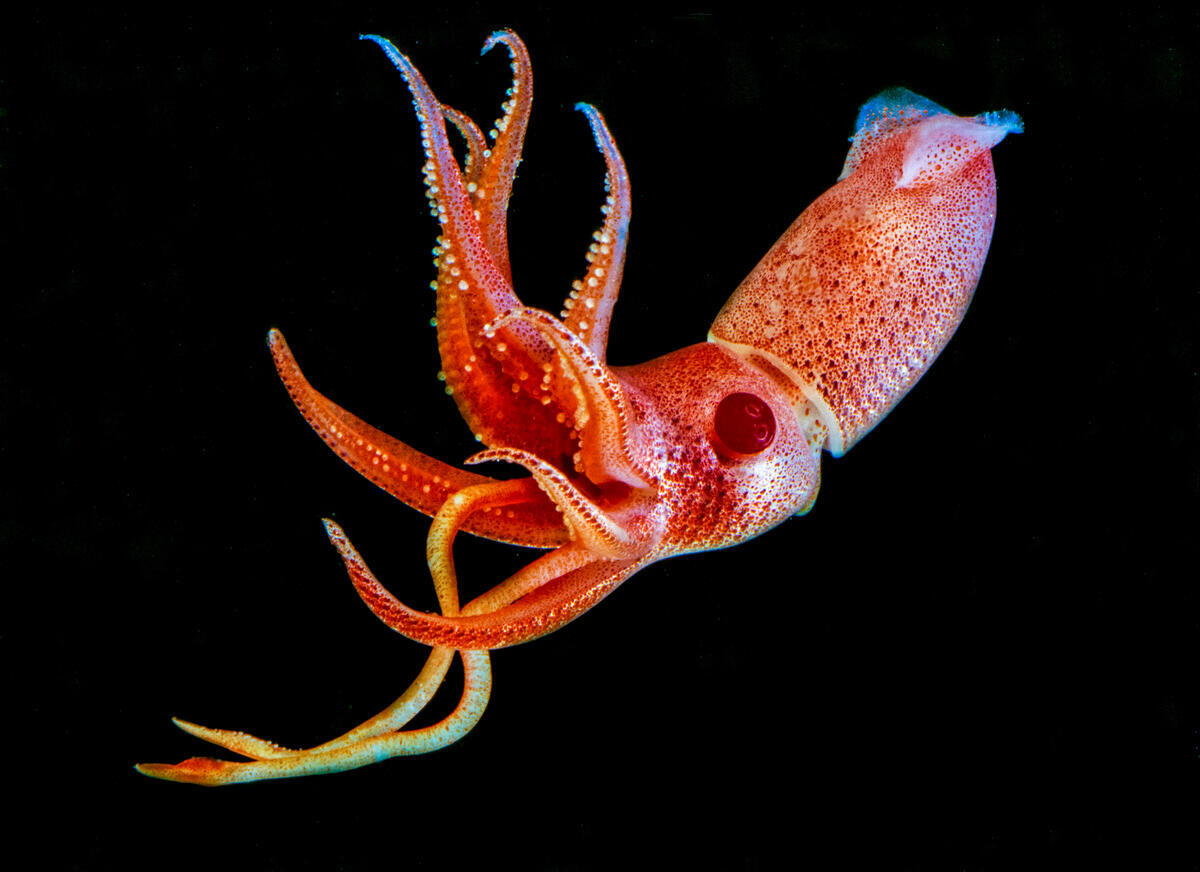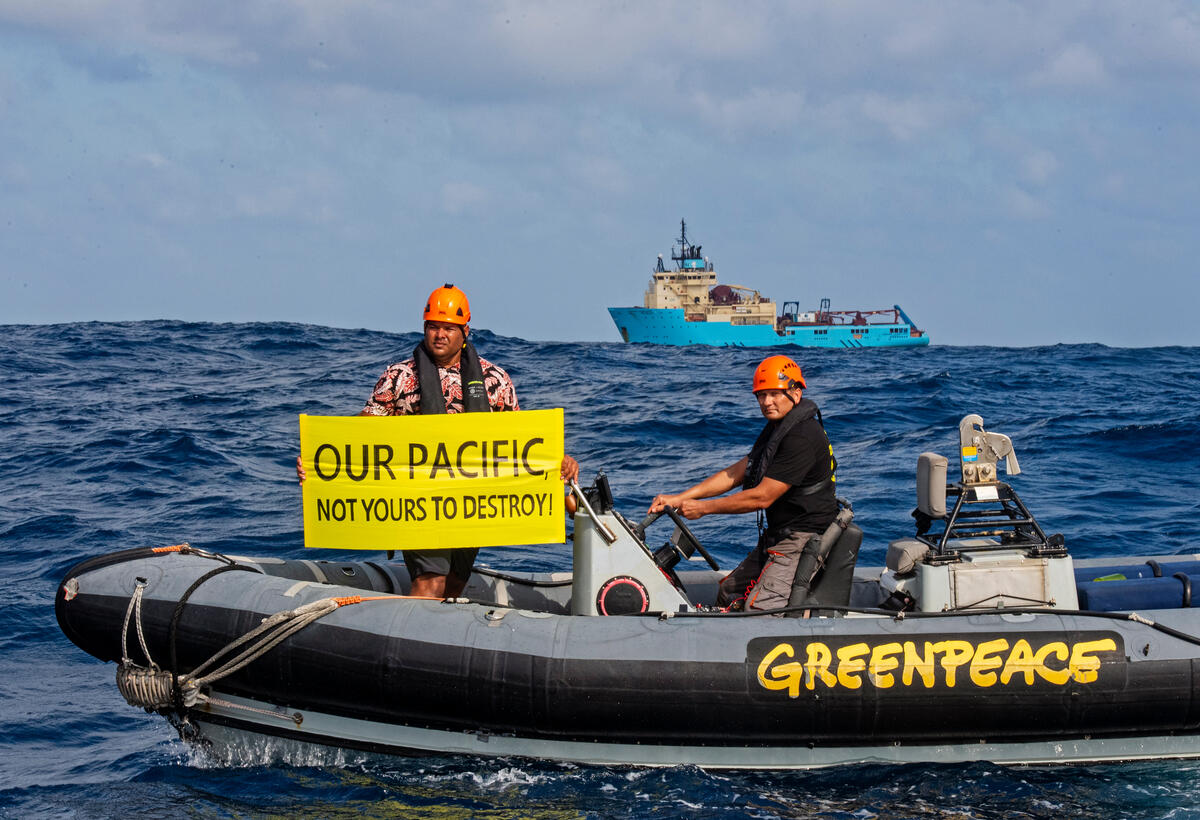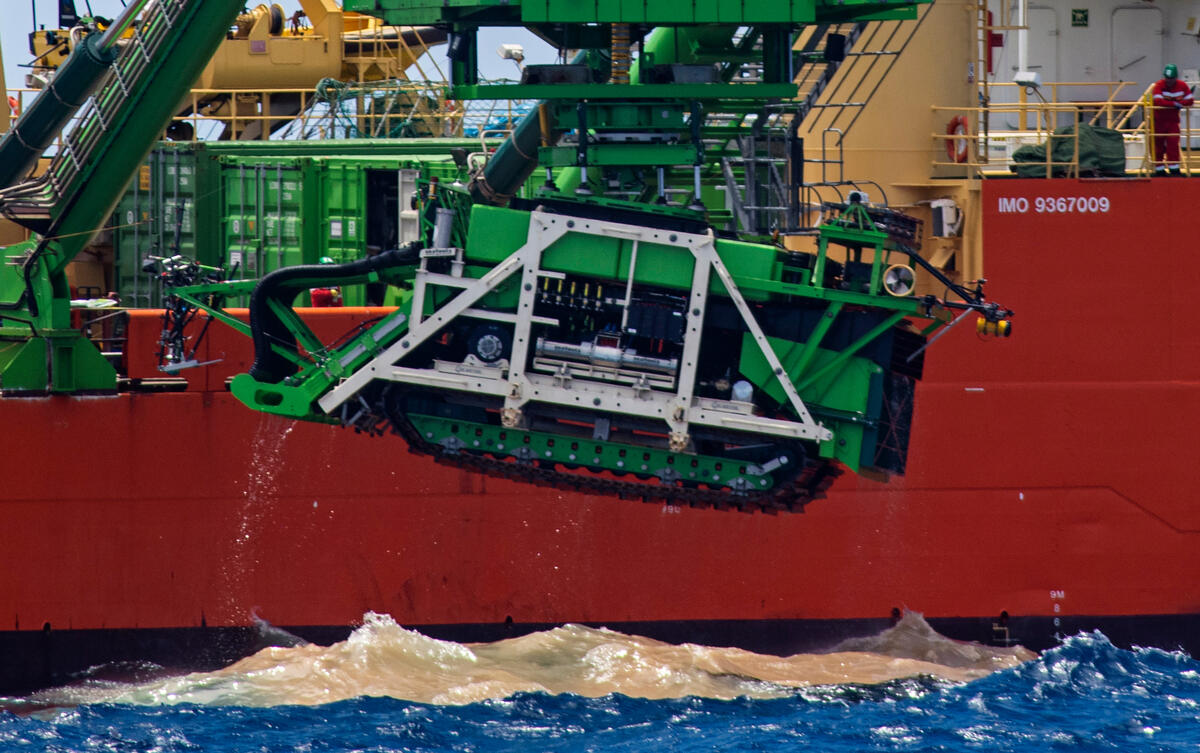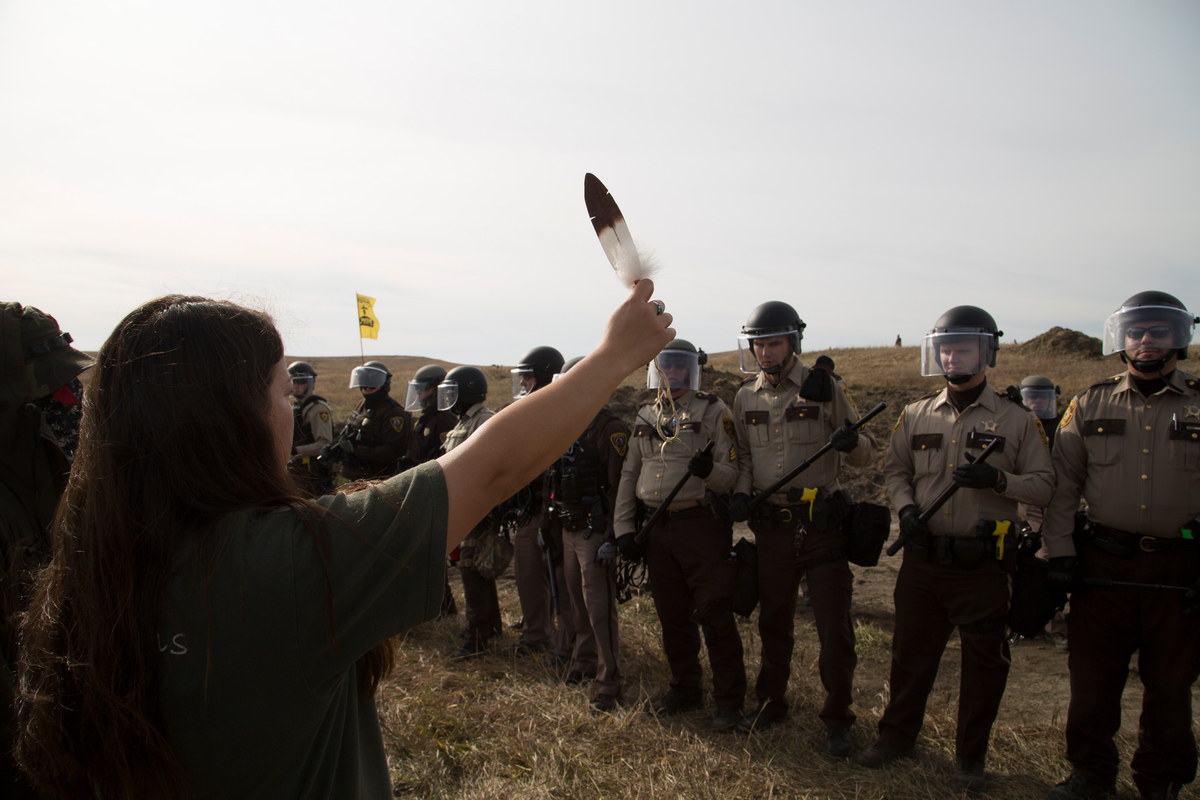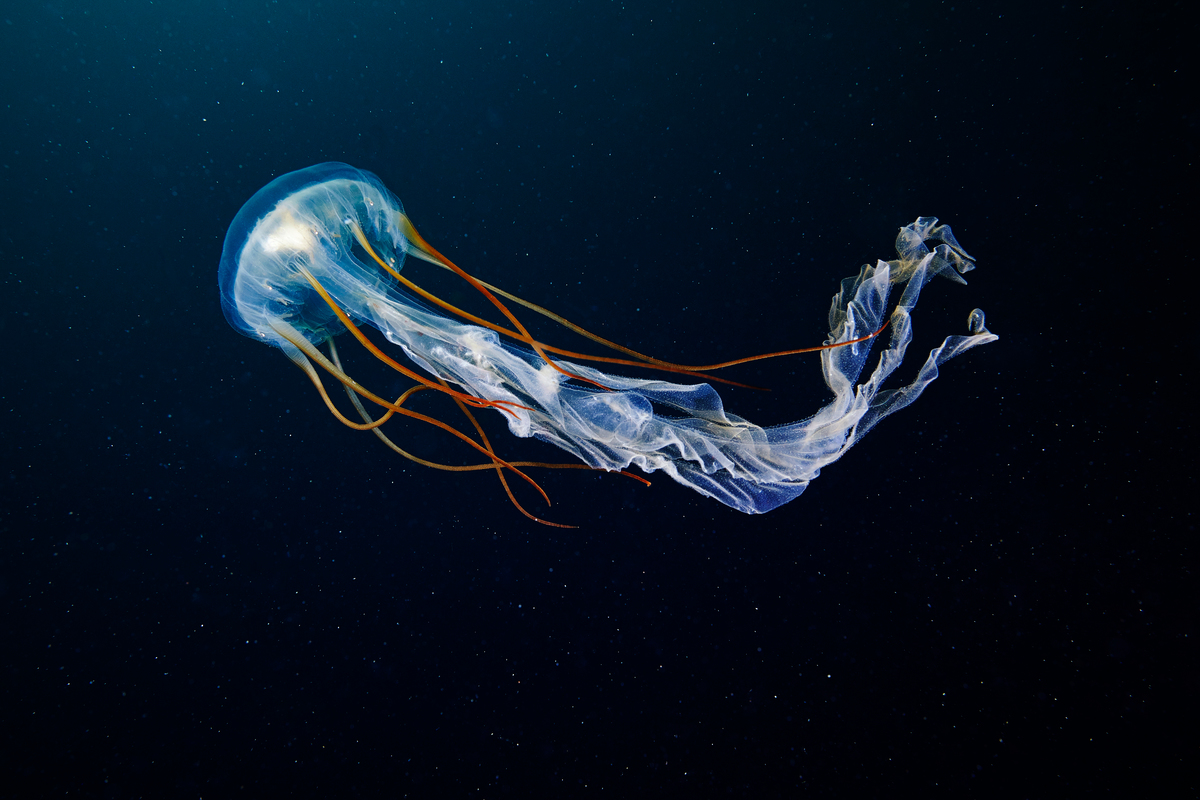All articles
-
Can renewable energy save the climate without costing the earth?
The world’s largest renewable energy proposal was recently lodged with the WA and Federal Governments and it is mind-bogglingly large.
-
What happens after the North Dakota trial?
The fight against Energy Transfer’s SLAPP continues — and it is far from over. The stakes of this bullying lawsuit by the Texas-based Big Oil company behind the infamous Dakota Access Pipeline are too high to rest until justice is served. We will not back down, we will keep going, together.
-
What is Bottom Trawling?
Bottom trawling is a commercial fishing method that involves dragging heavy, weighted nets across the ocean floor to catch large quantities of fish in a single pass. This fishing technique…
-
Evacuation of Rongelap, Marshall Islands
In 1985 the Rongelap people turned to Greenpeace for help. They asked that Greenpeace send a vessel to evacuate them from their home and move them to nearby Mejatto Island. Greenpeace sent the Rainbow Warrior to Rongelap at the request of its people and in May 1985 moved them to Mejatto Island.
-
Bombing of the Rainbow Warrior
In 1985, French secret service agents were sent to plant two bombs on our flagship, the Rainbow Warrior, ahead of its journey leading a peaceful anti-nuclear protest.
-
Who would be affected by deep sea mining?
Vulnerable coastal communities, especially in the Global South, , will pay the highest price. Peer-reviewed science shows that deep sea mining is almost certain to cause lasting damage to deep sea ecosystems. This means…
-
What are the problems with deep sea mining?
Like mining on land, deep sea mining is extremely destructive. But mining the ocean floor is risky for so many reasons.
-
The Energy Transfer SLAPP Lawsuit, and Why It Matters
Big Oil companies like Energy Transfer and corporate polluters all around the world have a new weapon they are using to silence anyone advocating for a just, green, and peaceful future: SLAPP lawsuits. In recent years, these Strategic Lawsuits Against Public Participation (SLAPP) have been wielded by corporations attempting to suppress free speech and limit people…
-
The Threat of Mining on Deep Sea Ecosystems
Our deep sea ecosystems are places of mystery and beauty. But deep sea mining could ruin that for everyone.

